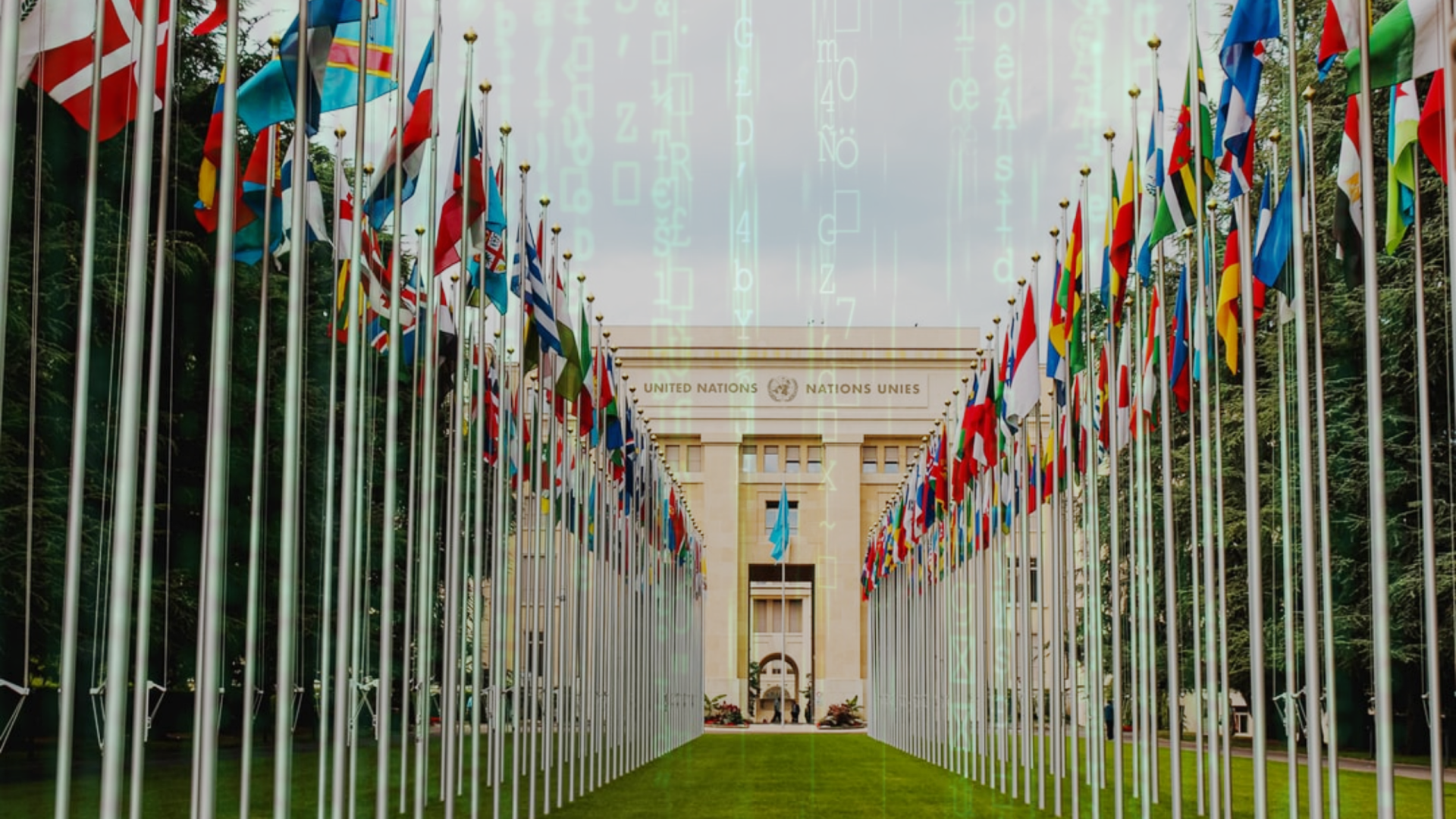
Russia leads an assault on progress at UN discussions, the CCW has failed.
The world waits as the CCW proves itself a failed forum. States need to find a way forward or remain complicit in the Russian led deadlock.
The final meeting of 2022 of the Group of Governmental Experts (GGE) at the Convention on Conventional Weapons (CCW) resulted in a damning failure to make progress. After 5 days of discussions, from 25-29th July, the outcome report contained no prohibitions, regulations, or other measures to deal with the serious challenges presented by autonomous weapons systems.
Ahead of and during this conference, dozens of states from all over the world submitted detailed proposals for a new international framework. Russia excepted, every proposal recommended a combination of both prohibitions and regulations, and recognised the centrality of ensuring human control or judgment over the development and use of autonomous weapon systems. Reflecting these proposals, the GGE Chair, Amb. Damico of Brazil, circulated a draft report with conclusions relating to both prohibitions and regulations including detailed limits on the development and use of such weapons. These conclusions provided strong potential as the basis for a legally binding instrument.
During the initial 4 days of discussions, virtually all states engaged constructively with the Chair’s text. While differences remained over specific wording of the framework, it was clear that there was widespread policy coherence towards developing the normative and operational framework on autonomous weapons systems.
Despite the promising start, progress rapidly fell apart on the final day of the conference. At the CCW, a single state can veto all progress. Throughout the meeting, Russia consistently objected to the inclusion of any prohibitions or regulations in the Chair’s text, and delivered a statement commending the use of autonomous weapons systems, stating that they are ‘devoid of weakness inherent in human beings’. On Friday, aiming to find a text that all states could agree to, Amb. Damico invited states to hold informal discussions with certain states, including Russia, outside of public view.
At 17:15 on Friday, with less than an hour before the end of the formal conference, the Chair emerged with a new draft report. This report was devoid of any substance, with sections on prohibitions and regulations deleted, and previously agreed on reference to the risks posed by autonomous weapon systems removed. With hardly any time left for states to formally comment on the text, discussions became focussed on how time could be extended to enable the report to be accepted by states.
A decision was taken to move discussions to another room, without live streaming, recording or interpreters present. Immediately, Russia insisted that civil society be expelled from the meeting room, incorrectly citing CCW procedural rules to prevent our access. A wide range of states, including Chile, Mexico, Canada, Netherlands, United Kingdom, Ireland, Costa Rica, Norway, New Zealand, Pakistan, Austria, South Africa, and the United States took the floor to resist Russia’s demand and Amb. Damico refused to expel civil society from the meeting, recognising our right to be in the room and ensuring that a dangerous precedent was avoided.
In addition to insisting upon the expulsion of civil society, Russia refused to allow any part of the Chair’s revised text to be further amended. The ensuing discussion became farcical, and even grammatical errors in the text were prevented from being reopened. In essence, any concerns over the conclusions or recommendations of the text were blocked. States were confronted with the option of accepting a text with zero substance or having no text at all. Eventually, all states complied with the wording of the text, and it was accepted by all at 22:00.
In the opening days of this conference, states engaged in lengthy discussions over whether or not the CCW was ‘an’ appropriate forum for these discussions, or ‘the’ appropriate forum. In reality, this conference has again demonstrated that the CCW is a failed forum. After 9 years of discussions, it is clear that progress at the CCW is impossible. States that continue to insist on keeping discussions at the CCW are now complicit in the deadlock.
Stop Killer Robots urges states to demonstrate leadership through engaging in a new forum that is capable of making progress, and provide a genuine way forward to safeguard against the legal, ethical and humanitarian, and security risks posed by autonomous weapon systems. The world is waiting.


